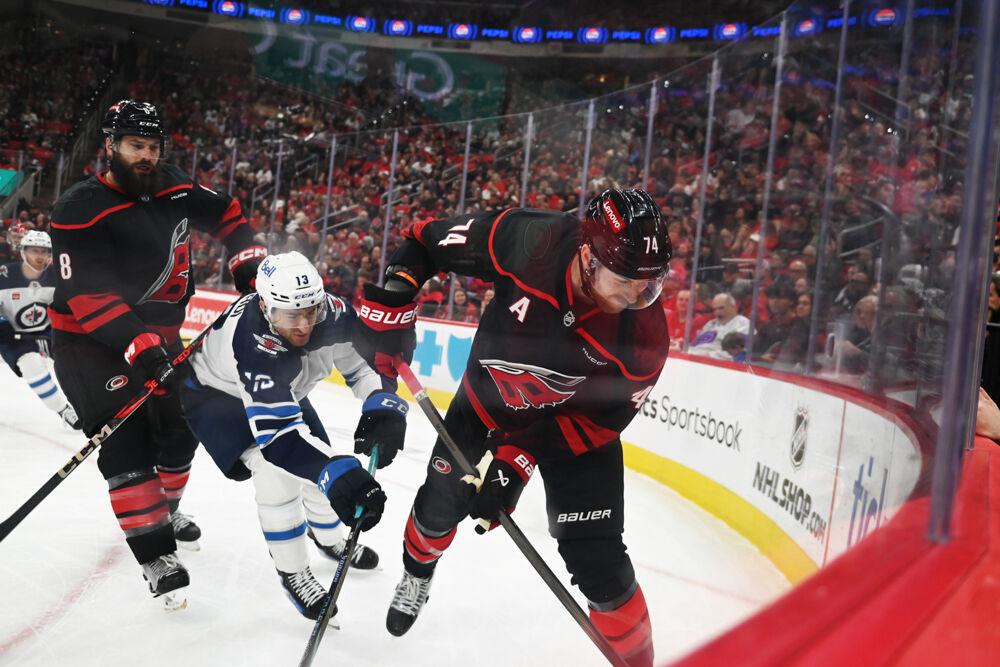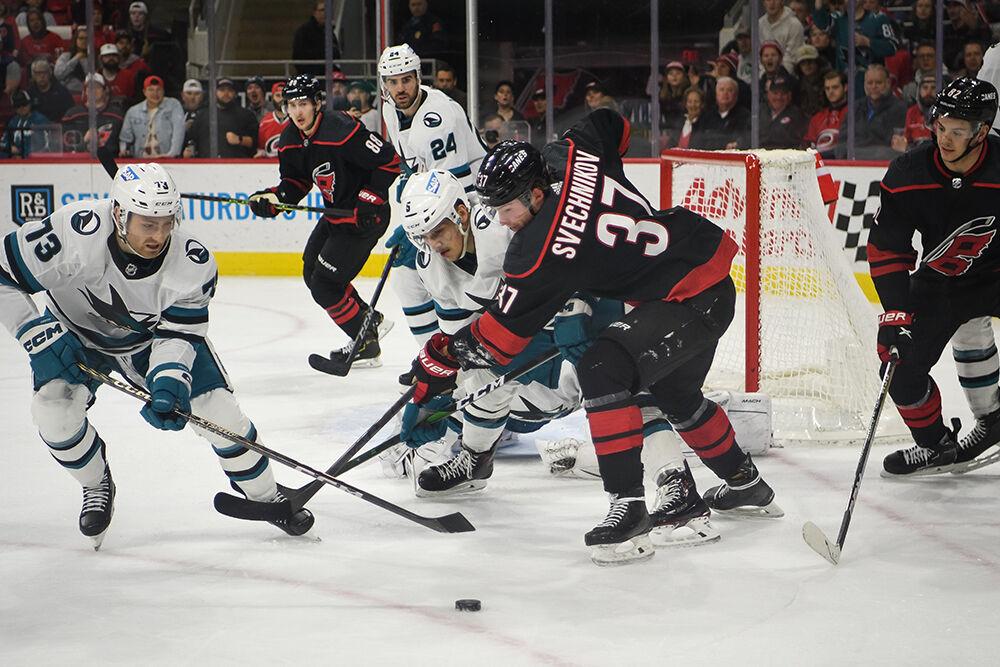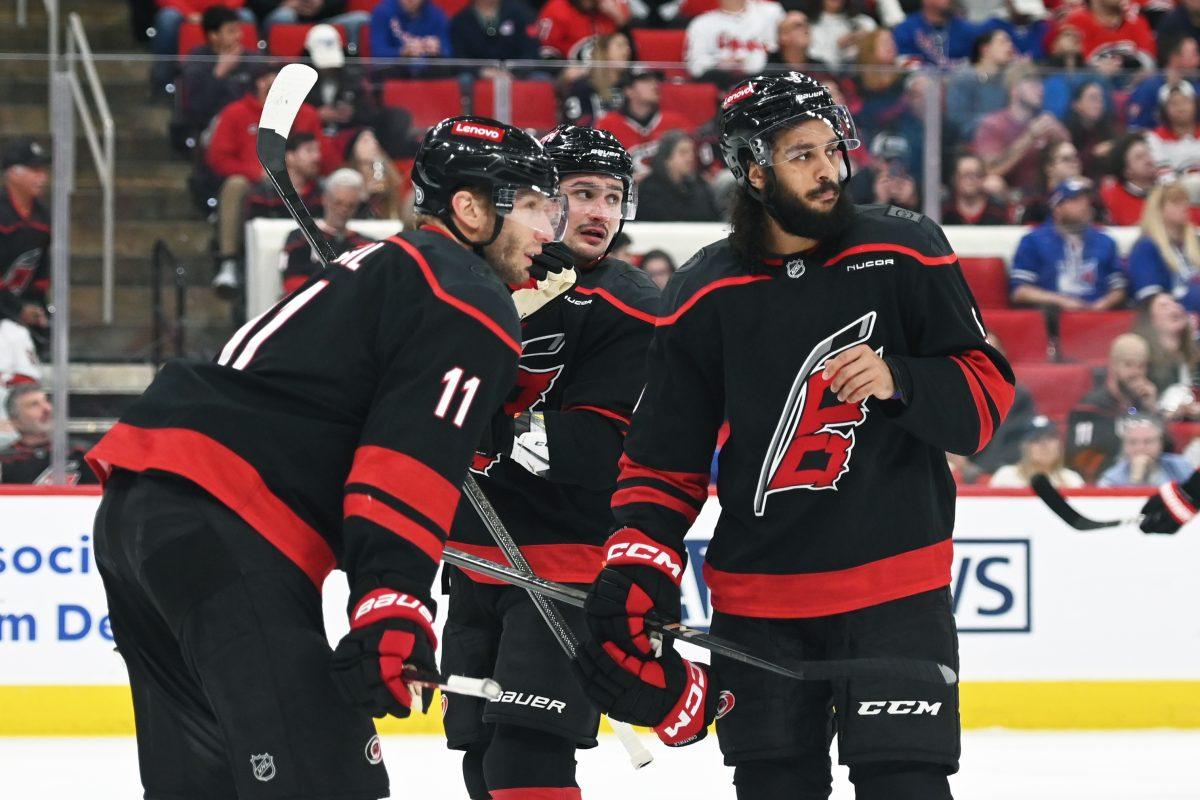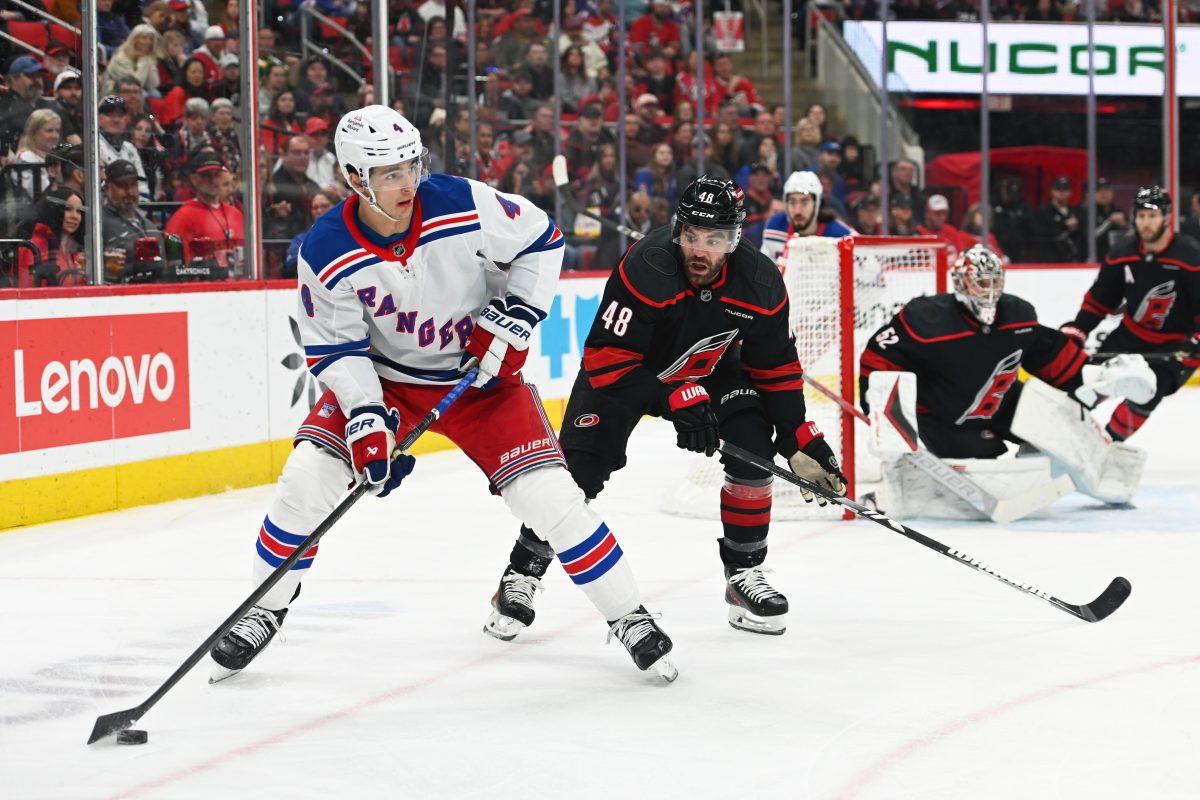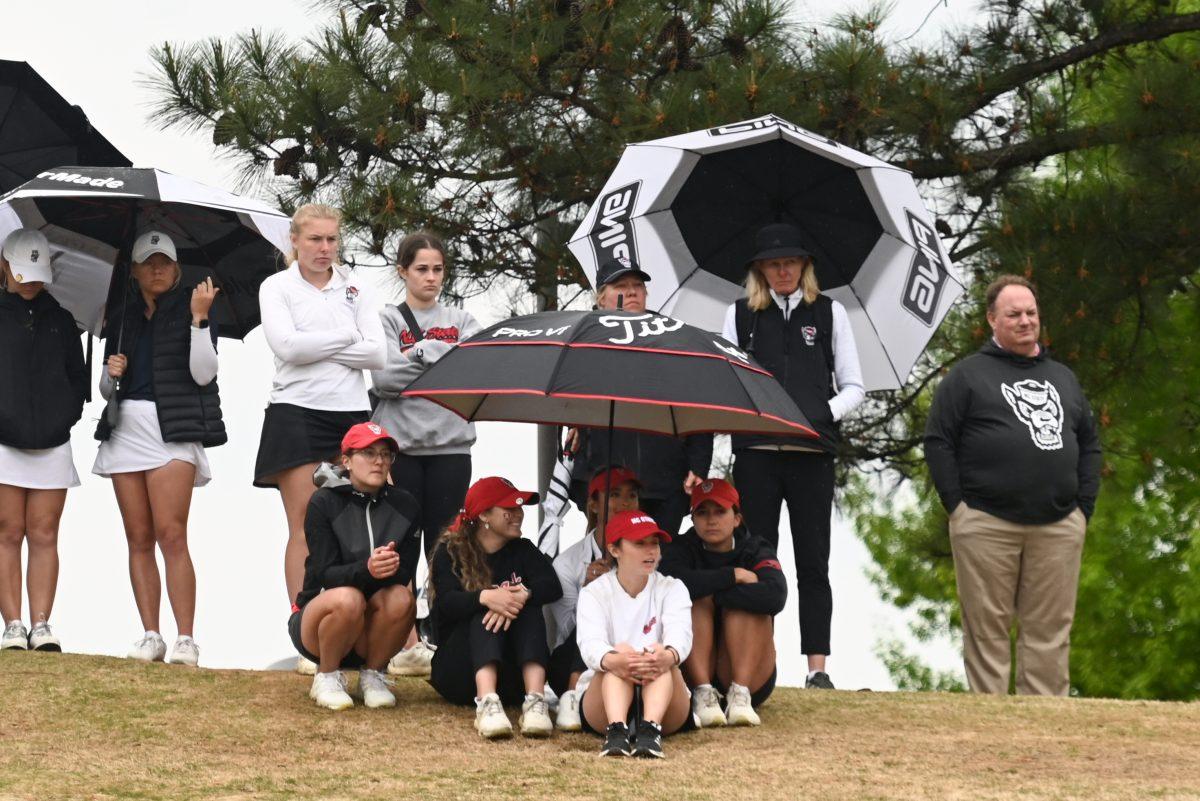A shock wave went around the hockey world Monday. The NHL announced that, at the 2018 Winter Olympics in Seoul, South Korea, for the first time since 1994, the league’s players will not be part of the hockey tournament.
NHL commissioner Gary Bettman released a statement Monday that the league and Board of Governors was opposed to disrupting the 2017-18 season so some players could go to the Olympics without major concessions from either the NHLPA, International Ice Hockey Federation (IIHF) or International Olympic Committee (IOC). No offer of the sort came from any of the parties.
“As a result, and in an effort to create clarity among conflicting reports and erroneous speculation, this will confirm our intention to proceed with finalizing our 2017-18 Regular Season schedule without any break to accommodate the Olympic Winter Games,” Bettman said in the league’s release. “We now consider the matter officially closed.”
The decision has brought about a firestorm of criticism from players and fans alike. Many players took to Twitter to voice their frustrations that they will not be able to represent their country, and the players’ association released a statement blasting the NHL’s decision.
Here’s the thing, though. The NHL and its owners were completely within their rights to do this. The league belongs to them; the teams belong to them. Going to the Olympics means a two-week minimum break in the league’s schedule. That’s two weeks with no gate or TV revenue for the NHL. While the Olympics do not shorten the schedule from 82 games per team, it certainly compresses it. A two-week hiatus in the middle of the season means more games packed into what is left. That creates a higher probability for injuries, and lower quality games with tired teams playing in so short a span of days.
The Olympics provides plenty of risk for the teams and their star players as well. For example, at the 2014 Olympics in Sochi, Russia, New York Islanders top forward John Tavares sustained a knee injury. He was lost for the remainder of the season. That’s your best player gone for the rest of the year, injured doing something other than playing for your team. Losing your most marketable player, and also your best player on the ice, leading to a very detrimental effect on your team’s performance at that point in the season is a major hit. It’s easy to understand why the Islanders, and other teams would be hesitant to take that risk again.
United States media giant NBC, the broadcaster for nationally televised NHL games in the United States and the Olympics also expressed disappointment with the NHL’s decision. While NHL players playing in the Olympics would certainly lead to higher TV ratings, it probably wouldn’t be as high as people think. If a game in Seoul is starting at 7 p.m., then it’s 6 a.m. on the East Coast of the United States. While diehard fans would tune in at these times, the TV ratings would likely not be enough to justify the other issues Olympic participation would cause.
The first paragraph of the NHLPA’s official statement reads “Any sort of inconvenience the Olympics may cause to next season’s schedule is a small price to pay compared to the opportunity to showcase our game and our greatest players on this enormous international stage.”
It’s not for the players to decide what “a small price to pay” is when they aren’t the ones paying that price for those inconveniences. While it is a disappointment that the best hockey players in the world won’t represent their countries on the biggest international stage, the players are certainly not blameless in this situation, despite the NHLPA and its members spending the past day and a half playing the victim.
The league never said it was adamantly opposed to the Olympics as a whole. The NHL was willing to compromise with its players, allowing them their desire to represent their countries in return for some concession, such as extending the current Collective Bargaining Agreement past its expiration date.
The players, however, said that they would not negotiate for the right to go to the Olympics. They did not believe that they needed to give anything up in exchange for participation.
The question is, why not? If you want something from another party that you know is going to majorly inconvenience that party, you should be willing to offer something in return. This notion the players have that they should have been allowed to leave their jobs for two weeks without making any sort of concessions to their employers is a misguided one. At what job can you tell your boss “Hey, I’m going to go work somewhere else for two weeks, and what I do there might seriously hinder my performance for you when I come back, but I’m not giving you anything to compensate for that.”
The answer is none, or very few. The players were essentially asking the league to shut down, lose money and risk the health of its top assets for multiple weeks, simply out of the kindness of the owners’ hearts. Sorry, but just like anything else, hockey is a business. It takes two sides to make a deal. In essence, the NHL was not willing to stop its operations for two weeks without receiving any sort of compensation, and it’s difficult to blame it for that.




